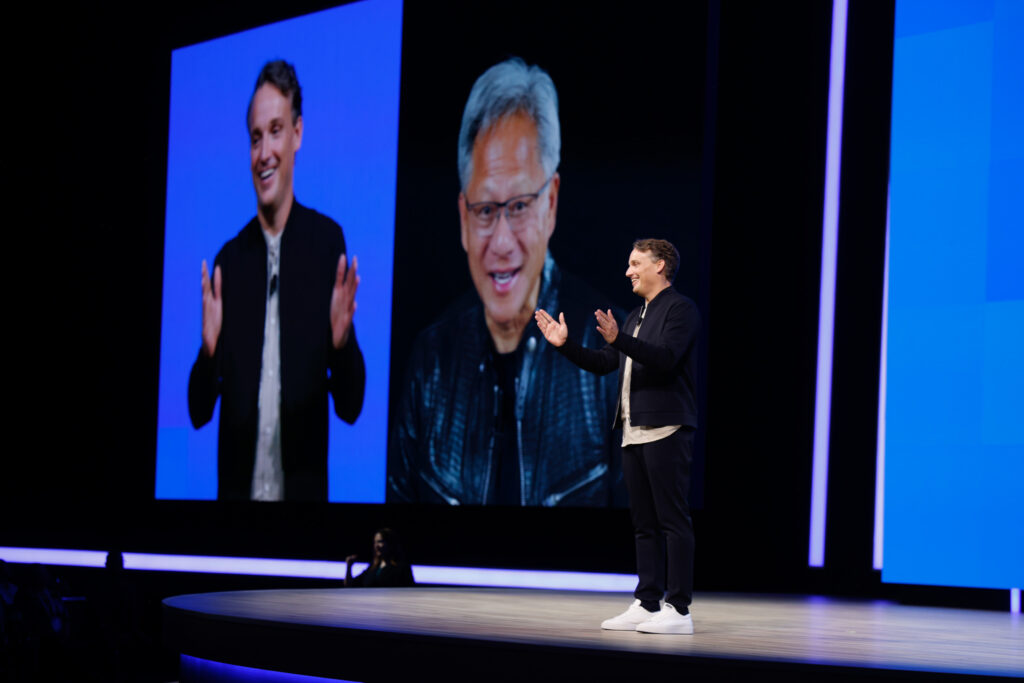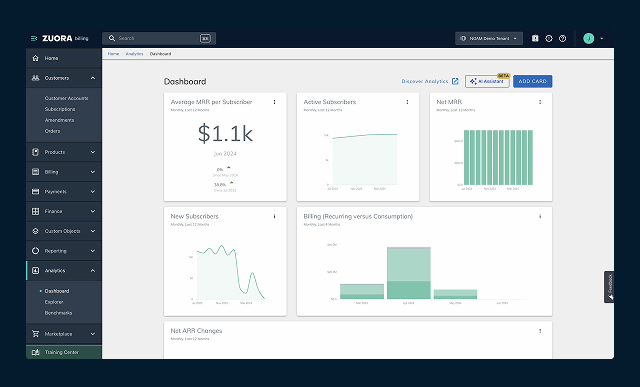In May 2020, the world was frozen as it witnessed the tragic murder of George Floyd by a police officer in the Minnesota Police Department. Over the next few months it seemed like nothing else was important as protests swept not just the USA, but the whole world. Every country and figure of consequence vowed to do more — but over a year on, what has changed?
There was of course an understanding that these things would take time, that a period of education was required first, and the effort to that effect has been powerful and clear. Companies of all sizes began to encourage dialogues between employees and senior leadership, which helped give gravitas to the cause. From these conversations, however, have any measurable steps been taken?
One of the most surprising elements post George Floyd, in the UK at least, was how quickly attention diverted away from ‘the betterment of Black lives and communities’ to ‘Diversity and Inclusion’. Whilst everyone agrees that there are many marginalised communities in need of extra support, each community has its own specific needs and experiences. Moreover, this movement came from commitments and pledges to the Black community. Why is the work that needs to be done for Black people not enough? Do we feel that we’ve done all we can to help Black communities? Are Black lives no longer the priority?
In 2021, multiple articles began to surface stating that there were no Black people in the top 3 positions in FTSE 100 companies (CEO, CFO and Chair) for the first time since 2014, with the number of Black executives and non-executive directors falling from 1.3% to 1.1%. Whilst work may have been done to increase the levels of representation at entry levels within a company, this effort is still struggling to see itself materialise in the boardroom, where power and influence is the greatest.
Companies have practices now geared towards a more inclusive workspace and are attempting to limit the presence of unconscious bias in an effort to open the door to more aspiring Black talent. However, without representation at senior and mid-management levels, do these efforts result in a more equal workspace? And is the work being done to bring in inclusivity at those levels enough?
It’s important at this point to note that no one is asking for charity. The reason there were so many pledges to invest in the Black community, from so many companies, is because people globally agreed that the growth of the Black community had been unfairly stunted over the years. Nothing needs to be given, but there is a gap which must be bridged. I myself would be in no way fit to fill any of those top positions, but to believe those candidates don’t exist would be incorrect, and with that we can say more needs to be done to give the Black talent pool the opportunities afforded to other groups.
As someone in the infancy of their career in Technology, my ask is this: help me to continue the work meaningfully. The first few months following George Floyd’s tragic killing were focussed on what we needed to do for Black people. With conversation now shifting to a broader offering, I would like to know what companies have tangibly done for the Black community, what benefits they have seen and how that good work can be replicated and expanded on across the industry?
The ERP Today Young Professionals Network is a great place for opportunities to be built across the board and for all young people to think on and develop their careers. If we can use some of that intelligence to think about how we can continue to level the playing field for Black people in the UK workforce, I believe this network can be a catalyst for great change.
To join the ERP Today Young Professionals Network sign up here.





